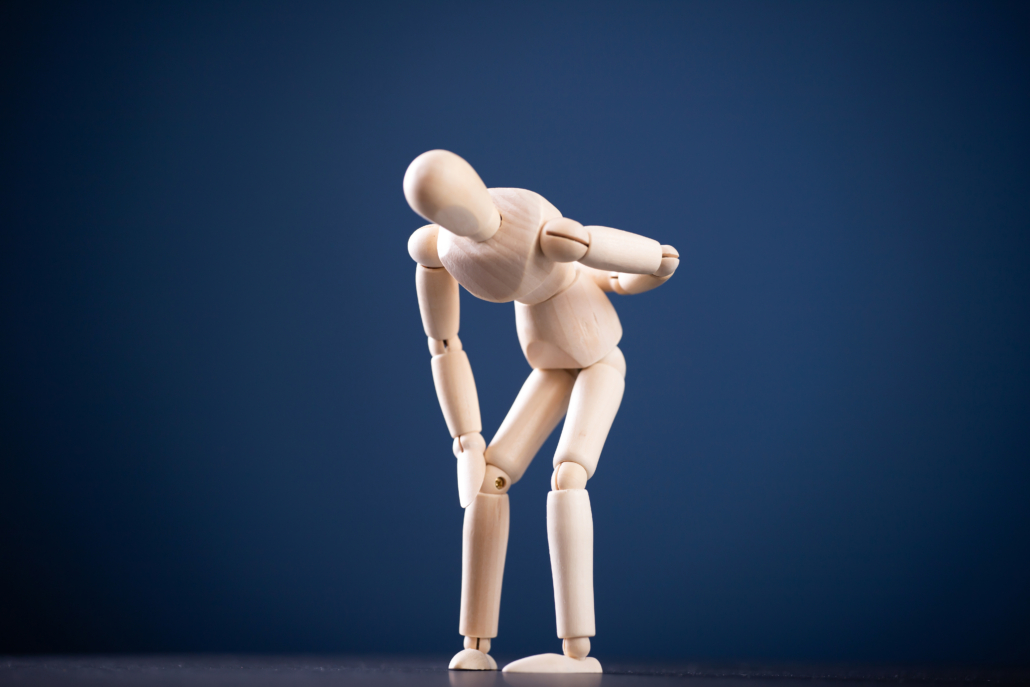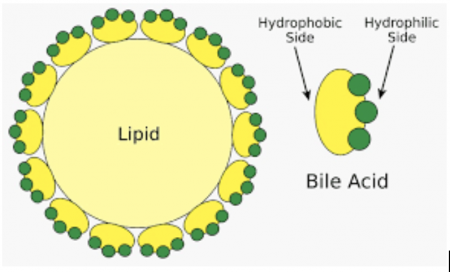We include products in articles we think are useful for our readers. If you buy products or services through links on our website, we may earn a small commission.
Carnivore Diet Nausea: Causes and Easy Solutions

Transitioning to any new dietary regimen can trigger bodily adjustments, and the carnivore diet is no exception. If you’re early in your carnivore journey, you may experience episodes of nausea. But fear not; carnivore diet nausea is temporary and easy to fix.
Rooted in our ancestral past, the carnivore diet centers exclusively on animal-based foods, including red meat, fish, eggs, and certain dairy products.
By eliminating plant-based foods that expose our bodies to plant toxins, antinutrients, excess fiber, and allergens, the carnivore diet provides a direct and efficient source of the essential nutrients that our bodies are designed to thrive on.
In this article, we’ll explore the reasons for carnivore diet nausea and offer effective strategies for overcoming it.
Table of Contents
Why Carnivore Diet Nausea Occurs
Nausea on a carnivore diet can most often be attributed to a few key factors.
1. Eliminating Carbs and Fiber Causes Bacteria and Yeast Die-Off
On an all-meat diet, you’re cutting all fiber and essentially all carbs. Fiber plus carbs is a recipe for bacteria and yeast overgrowth in your intestines.
Eliminating these sources of fuel starves the microorganisms that depend on them. As these organisms die, they can produce toxic compounds and eventuate an overall microbiome transformation that can lead to nausea.
Within 1-4 weeks, your digestive system will flush and repopulate with beneficial bacteria.
2. Increased Fat Intake Requires Bile and Enzyme Upregulation
Cutting carbs makes the carnivore diet, by default, a ketogenic diet.
This means that we need to get 70-80% of calories from animal fat.
To metabolize this dramatic increase in fat intake, your body needs to upregulate bile production and specific digestive enzymes.
Bile Production
Bile is critical to fat digestion because eating fat triggers your digestive system to secrete a hormone called cholecystokinin (CCK). CKK tells your gallbladder to release bile, which then emulsifies (mixes) fats into a substance that your intestines can absorb.3

Source: Bile1.png: Frank Boumphrey, MD
However, bile is a fairly complex substance for your body to produce more of.
Under normal habitual dietary circumstances, your body deals with this challenge by recycling existing bile rather than concocting it from scratch. Studies show that 95-97% of the bile in your body is reabsorbed and reused bile.
In the transitional period, when your body is increasing bile production, the emulsifying process may be inefficient or incomplete, leading to digestive issues like nausea, constipation, and diarrhea.
Just ask the popular podcast host Joe Rogan who experienced explosive diarrhea during the first couple of weeks on Carnivore before his system adjusted.
For most people, it takes 1-4 weeks for the gallbladder to upregulate bile production.
Ox bile supplements can expedite this process.
Enzyme Upregulation
In addition to bile, your body relies on stomach enzymes–especially Lipase and Amylase– to digest dietary fats. [4]
It may take 1-4 weeks for your body to produce enzymes to efficiently assimilate your new and nourishing abundance of your carnivore diet food list.
3. Dehydration and Electrolyte Imbalances
When transitioning to a high-fat low-carb way of eating, your body decreases insulin production, which triggers your body to metabolize a type of carbohydrate stored in your muscles and liver called glycogen.
Each glycogen molecule is connected to numerous water molecules that are expelled through urine when the glycogen is unlocked. This can lead to rapid weight loss, but with it comes the risk of dehydration.
Dehydration slows down your digestive process, which can lead to nausea.
Switching to carnivore can also alter your internal electrolyte balance and external electrolyte intake, which can be associated with nausea on its own and related to dehydration/
How To Fix Carnivore Diet Nausea
Here are a few strategies for nipping your carnivore diet nausea in the bud, or avoiding it altogether.
Eat More Fat, Less Protein
Most people on carnivore consume between 2-4 pounds of meat daily. In the modern Western world, we tend to think of meat as muscle.
But for our ancestors, who evolved on a mostly carnivorous diet for nearly 2 million years, meat meant fat, with some muscle, along with organs. Take this as a rule of thumb.
On any low-carb diet, including carnivore, if you don’t get at least 70% of your calories from fat, your body will continue to convert protein to carbs, inhibiting your full transition into ketosis. Eating too much protein also runs the risk of protein poisoning.
To assist your body in making the transition to a fat-based carnivore diet, choose the fattiest cuts of meat, like ribeye steak, and get used to adding tablespoons of butter or tallow.
Consuming beef and chicken liver will boost your choline intake, which will help your body absorb the increased fat load.
If you’re not into fresh liver, desiccated liver supplements are a tasteless alternative.
Stay Hydrated
A key to avoiding nausea on carnivore is to stay hydrated.
Make sure you’re consuming enough mineral water–which has naturally hydrating electrolytes, and liberally salting your meals.9
Healthcare providers who are familiar with low-carb diets recommend consuming 12 grams (2 teaspoons) of salt per day during your adaptation period.
After you feel like your body has made the transition taper to 5 grams (1 teaspoon) of salt daily.
Electrolyte Supplements
Though it’s entirely possible to get sufficient electrolytes from whole animal products and added salt, for some people, electrolyte supplements can be very supportive.
Carnivore enthusiast Dr. Ken Berry created a popular supplement called Keto Chow.
You just add a few drops to your water or even directly to your steak.
You can also formulate your own electrolyte boost with the following guidelines:
- 400mg of magnesium citrate
- 1-3 99mg potassium citrate supplements. Consuming more potassium than this runs the risk of heart failure. Be careful!
- Liberally salt food according to amounts listed above.
Ox Bile Supplements
Considering the importance of upregulating bile and the discomfort that can occur during the transition period, ox bile and Betaine HCL supplements can stand in until your body has time to catch up with your dietary changes.


An added benefit of increased bile is better absorption of meat’s vitalizing nutrients.
Carnivore Diet Nausea: The Bottom Line
Short-term nausea is a common side effect when making the transition to the carnivore diet. But it doesn’t have to be.
By understanding the factors contributing to nausea and following these thoughtful strategies, you’ll soon be experiencing enhanced vitality, mental clarity, and optimal well-being.
If you are experiencing nausea it’s important to remember that it’s only a temporary hurdle on the way to remarkable health benefits. The road to transformation is paved with persistence and fortified with knowledge. Onward to your carnivore-driven life of vigor and vitality!




















